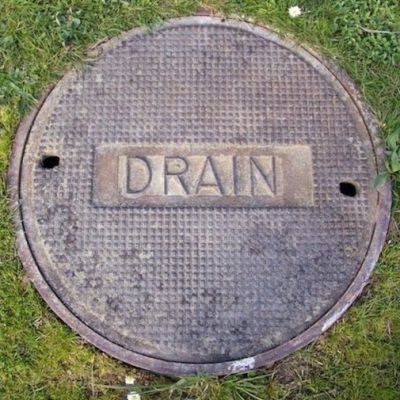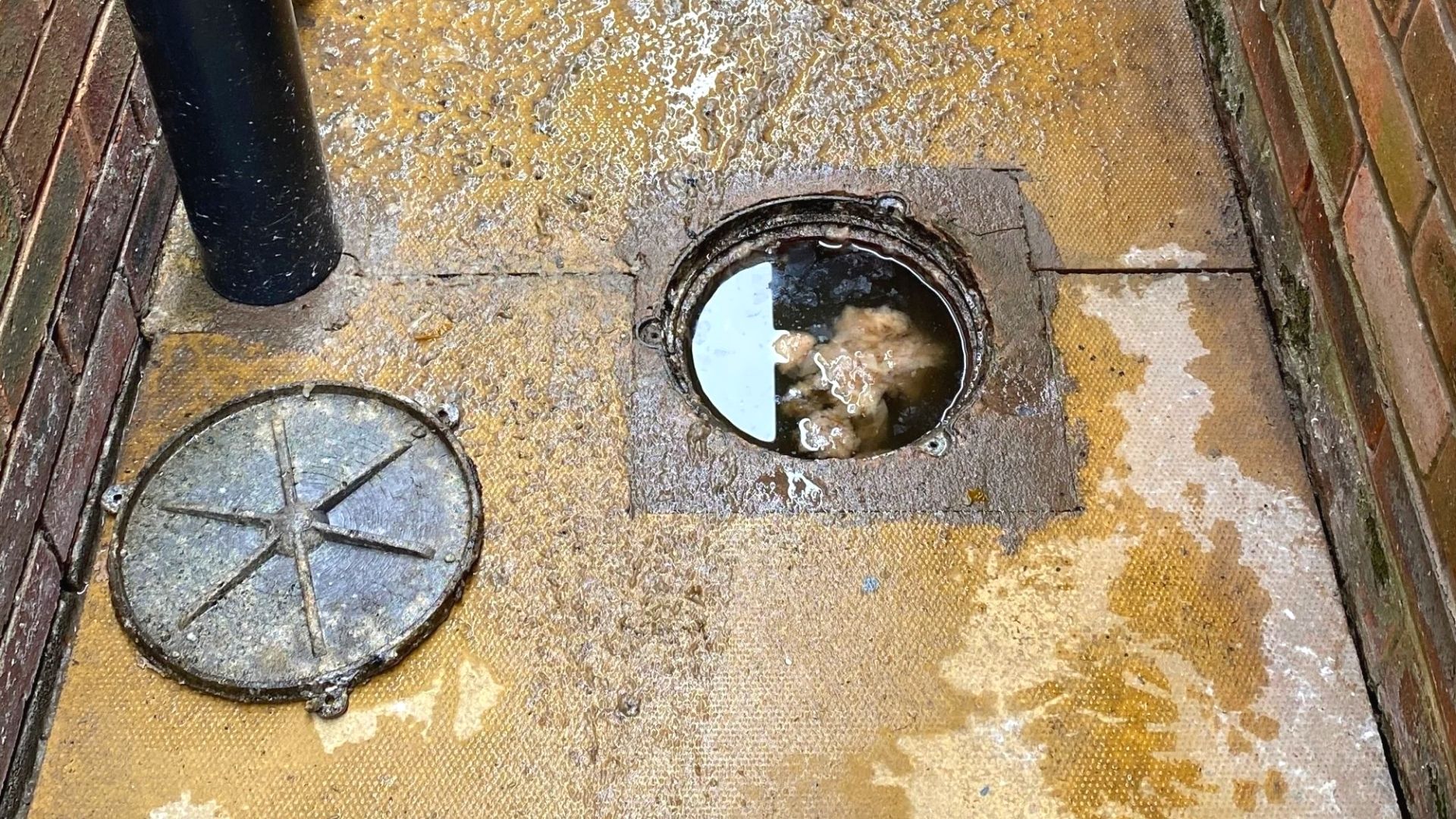Do you find yourself interested in resources involving How to handle a clogged drain in your home?

Introduction
Managing a blocked drain can be an irritating experience, disrupting everyday tasks and possibly triggering damage to your residential property. Nevertheless, prior to connecting to pipes experts, there are actions you can take to resolve the issue on your own. In this overview, we'll explore DIY remedies and preventive measures to deal with an obstructed drainpipe effectively.
Recognizing the Issue
The initial step in resolving an obstructed drainpipe is identifying the signs. Slow drainage, gurgling sounds, foul odors emanating from drains, or water backing up are common indicators of an obstructed drainpipe. Recognizing these indications early can assist prevent better problems.
Selecting the Right Pipes Service
When picking a plumbing solution, consider aspects such as experience, licensing, and consumer evaluations. Pick a credible plumbing with a record of high quality handiwork and clear pricing methods.
Expense Factors to consider
The price of professional drain cleaning services can differ depending on the seriousness of the obstruction and the plumbing technician's prices. Demand quotes from numerous carriers and ask about any kind of additional charges to ensure openness and avoid surprises.
Safety Precautions
When trying DIY drain cleaning, prioritize safety. Put on safety gloves and glasses to avoid contact with hazardous chemicals or bacteria. Never ever mix different drainpipe cleansing products, as this can create unsafe fumes.
Case Studies
Real-life instances illustrate the efficiency of do it yourself remedies and the importance of timely professional intervention in solving drainpipe clogs.
Common Reasons For Blocked Drains
Understanding the factors that contribute to drain pipes clogs is necessary for efficient resolution. Typical offenders include hair, soap residue, grease, food debris, and international items like sanitary items or paper towels. Tree origins invading below ground pipelines can also create considerable blockages.
DIY Solutions
For small clogs, numerous do it yourself solutions can be effective. Putting boiling thin down the drainpipe can assist liquify oil and particles. Sodium bicarbonate and vinegar or a blend of salt and cooking soft drink can function as all-natural cleaners. Utilizing a bettor or plumbing snake to dislodge obstructions is an additional alternative.
Devices and Devices
Having the right tools on hand can make do it yourself drain cleaning much more efficient. A bettor is a flexible tool for clearing clogs in sinks, toilets, and showers. A pipes serpent or auger can get to much deeper clogs, while drain cleaning chemicals can be utilized meticulously for persistent clogs.
Safety nets
To prevent future obstructions, adopting preventive measures is important. Install drainpipe guards or strainers to capture hair and particles before they get in the pipelines. On a regular basis flush drains with hot water to liquify grease build-up, and stay clear of disposing of oil or solid waste away.
When to Call an Expert
While do it yourself services can resolve minor clogs, specific indicators indicate the requirement for specialist support. Consistent clogs, foul odors in spite of cleaning up initiatives, or multiple drains supporting at the same time are warnings that warrant professional intervention.
Conclusion
By following the tips outlined in this guide, you can effectively take on blocked drains pipes and protect against future pipes problems. Whether opting for do it yourself options or seeking professional aid, timely action is key to keeping a healthy pipes system and protecting the integrity of your home.
10 TIPS TO CLEAR ANY BLOCKED DRAIN
SIGNS OF A BLOCKED DRAIN
Blocked drains can be a source of property damage and health problems for people and pets. The early warning signs of a blocked drain are:
Overflowing
You’re probably quite used to everything flowing down your drain. As a result, it’s quite alarming seeing water spill back up. If your drain is overflowing, that means you’re facing a blockage.
Gurgling sounds
Gurgling sounds indicate that the water is pooling and pushing against the pipe. If you experience this, it’s often the case that a blockage is a problem.
Slow draining
When emptying your sink or taking a shower, you might notice that the water pools for longer than expected. Usually, the problem worsens rather than getting better by itself, which suggests that the blockage is growing larger.
CAUSES OF A BLOCKED DRAIN
Although most people use their drains appropriately, it’s quite easy to make mistakes. Occasionally, everyday use results in blocked drains too. Common causes include:
Tree roots
Tree roots won’t be the cause of local drain blockages, but they can disrupt your main sewage system. The root keeps growing until it breaches the pipe and causes a blockage.
Toiletries
Although toiletries are essential, some can cause drain blockages. For example, nappies, baby wipes and sanitary products should not be flushed down the toilet.
Foreign objects
When you have kids, there’s always a risk they’ll flush something unusual down the toilet. Toys and other foreign objects become lodged in the u-bend, resulting in a blockage.
Mineral Buildup
When minerals such as calcium build up in your pipes, this causes constriction. Although this may not cause a blockage on its own, it does make it easier for other types of blockages to form.
Soap
Although liquid soap may not cause drain blockages, solid soap bars can get lodged within pipes until they eventually break down. One way to stop this from happening is to use a mesh wire guard to cover plug holes.
Natural Debris
Natural debris can fall into your outdoor drains, especially when you don’t use gutter guards. This usually means leaves and twigs, although it can include dirt and grit too.
HOW TO CLEAR A BLOCKED DRAIN
Boiling water
Boiling water is useful for tackling blocked drains caused by grease, conditioner, and some other kinds of toiletries. This is because these substances have a low melting point, and the extreme heat helps to break them up. Boil a kettle with water and pour it down the drain to shift the blockage.
Natural cleaners
You can use some natural cleaners to create a fizzing effect that breaks drain blockages apart. Try pouring hot water down the drain, then follow it with one cup of bicarbonate of soda and a cup of vinegar. Leave it for ten minutes, then chase it with more hot water. A combination of the hot water and the natural cleaner mixture can break blockages up.
Caustic cleaners
Some stores sell caustic cleaners that take stronger action against drain blockages. It dissolves grease, fat, and oils, making it ideal for tougher blockages. Always follow the instructions on the packaging and ventilate the room before starting.
Plungers
As a simple yet effective tool, plungers can help to dislodge local blockages. They work by forming a seal around the plug hole, followed by a vacuum effect that removes the blockage.
DIY drain snake
You can make a DIY drain snake out of any thin metal wire, such as a coat hanger. Leave a hook at the end of the snake and insert it into the plughole. Try using it to fish out local blockages made of hair. This approach is most effective in showers.
https://preciseservices.com.au/10-tips-to-clear-any-blocked-drain/

I was shown that write-up about Tips for Dealing with Clogged Drains and Sewer Lines through an acquaintance on a different site. Appreciated our blog? Please share it. Help someone else locate it. I praise you for being here. Don't hesitate to check our blog back soon.
Website
Comments on “Actions to Take for Addressing a Blocked Drain Prior to Calling Professional Plumbers”